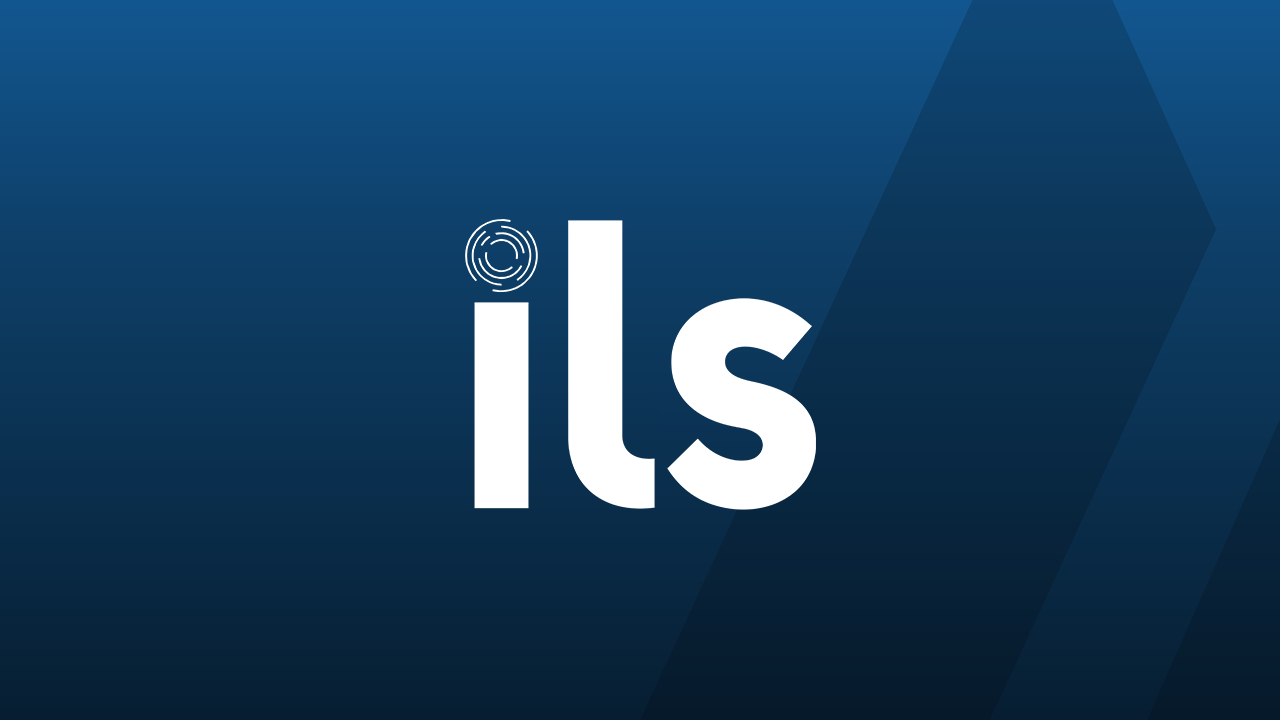The use of attachments in digital communication has undergone a significant evolution. Initially rooted in the traditional practice of physically attaching files to emails or chat communications, it has transitioned towards a modern approach centered around using shared links through cloud storage platforms like Google Workspace and M365 (Microsoft 365). This transformation signifies a dramatic shift in how documents are shared and managed during the normal course of business. Moreover, tools like Google Vault and Microsoft Purview, which are designed to aid and support organizations with their discovery compliance requirements, have developed support for the automated retrieval and inclusion of the modern attachment during the collection process.
In this article, we will delve into the similarities and differences between traditional attachments and modern attachments, the increased prevalence of modern attachments, and advancements made by discovery compliance tools such as Google’s Vault and Microsoft’s Purview, to support the inclusion of the modern attachment during discovery collection and in preparation for document review.
The Legacy Method of Attachments
Attaching files to emails has traditionally been the go-to method for sharing documents, images, and other digital content. Users would typically compose an email, attach the desired files directly from their computer or network storage, and then send the email to the intended recipient(s). This method, while effective for basic file sharing, has its limitations.
One of the primary drawbacks of traditional attachments is the file size limitation imposed by email servers. Most email providers cap the size of attachments that can be sent between 10 to 25 megabytes. This limitation can be problematic when sharing large or multiple files within a single email.
Furthermore, traditional attachments lack the versatility to collaborate or maintain version control. Once an email is sent, the sender loses control over the attached files. If subsequent changes or revisions are made to the attached documents, there’s no built-in mechanism to update the file.
Finally, security concerns also plague traditional attachments. Files attached to emails are susceptible to interception and unauthorized access during transit. If an email account is compromised, all attached files could be exposed to malicious actors.
Modern Attachments and the Rise of Cloud Storage
The advent of cloud storage platforms like Google Drive and Microsoft OneDrive has given rise to their increased prevalence due to cost-effective implementation, ease of use, and versatility. It’s more efficient and cost-effective to pay Microsoft for the number of users an organization needs than to build and support physical servers and employ technical staff to manage the environment. Google Drive and OneDrive have become popular for individuals and organizations due to their seamless integration with other services and robust features. This change has revolutionized the way most institutions use attachments. In addition to having the option to physically attach files directly to emails, users can now link Modern Attachments through the click of a button, solving many of the problems inherent with physical attachments.
Using the Modern Attachment, users can easily share files of virtually any size without worrying about email server limitations. Large files, multimedia, presentations, and even entire folders can be shared with recipients via secure links. This capability eliminates the need for cumbersome file compression or splitting strategies often employed with traditional attachments.
Version control and document collaboration are also greatly enhanced with cloud storage. Multiple users can access and edit shared modern attachments simultaneously, with real-time changes synced across all authorized users and versions made available at the click of a button. This workflow streamlines the document collaboration process and ensures that all stakeholders have access to the latest or all versions of a file.
Moreover, Google Drive and OneDrive offer advanced security features to protect modern attachments. File access is restricted to specific users or groups, and permissions can be granularly configured to control viewing, editing, and sharing capabilities. Additionally, files stored in cloud storage are encrypted in transit and at rest, providing an extra layer of protection against unauthorized access.
Barriers and Support for Discovery Compliance
Both Google Workspace and Microsoft 365 have conveniently made available to their users a Discovery platform designed to search and collect data for compliance and discovery purposes. Google Vault and Microsoft Purview have introduced robust capabilities to organizations needing discovery-compliant collection and review tools. There have been some drawbacks to the technological advancements introduced by Modern Attachments and Cloud Storage as they relate to discovery compliance tools that keep up with discovery compliance requirements. Nevertheless, native (Vault and Purview) and 3rd party tools (e.g., Metaspike FEC) are available to ensure that Modern Attachments are not lost during collection and produced as part of the custodian file.
![]()
Learn More
If you want to learn more about data collection from Apple iOS devices, please contact us at sales@ilsteam.com.
About ILS
ILS is the nation’s preeminent Plaintiff-only eDiscovery provider with expertise in leveraging AI for eDiscovery.
We specialize in leveling the playing field for the Plaintiffs’ bar by providing high-quality discovery services to help clients win their cases. Our clients know that they are sharing their vital case strategies with like-minded professionals who are committed and passionate about getting justice for Plaintiffs.
We have worked on many of the country’s largest and most noteworthy litigations over the past decade, including Takata Airbags, Roundup, Social Media Victims, 3M Combat Earplugs, JUUL Vaping, Actos/Bladder Cancer, VW Diesel Emissions, Alex Jones – Sandy Hook, Opioids, and Philips CPAP, among many others.
ILS supports multiple leading platforms including Reveal, Everlaw, Merlin, Relativity, iConect, and Nebula.
Learn more at www.ilsteam.com.


